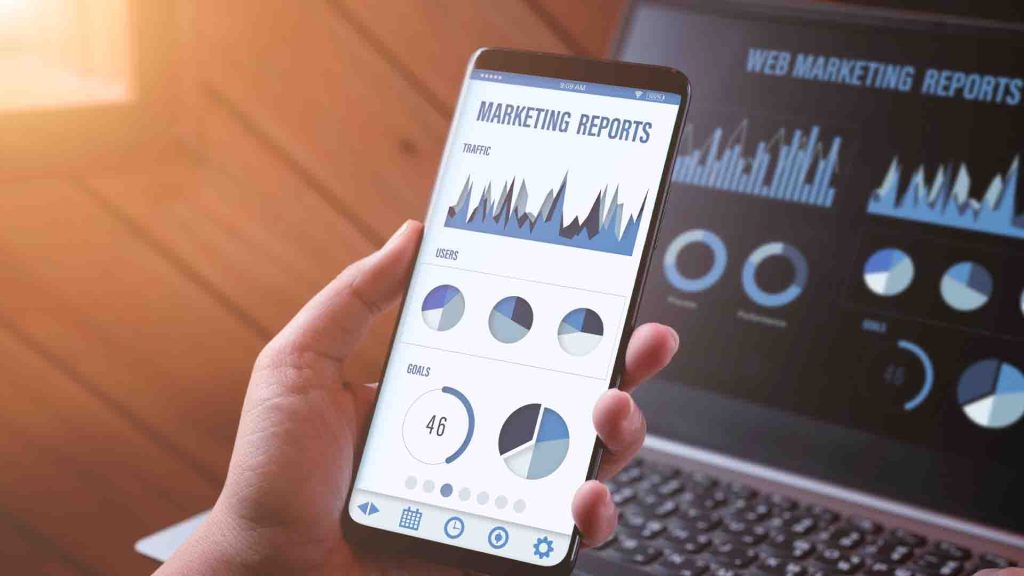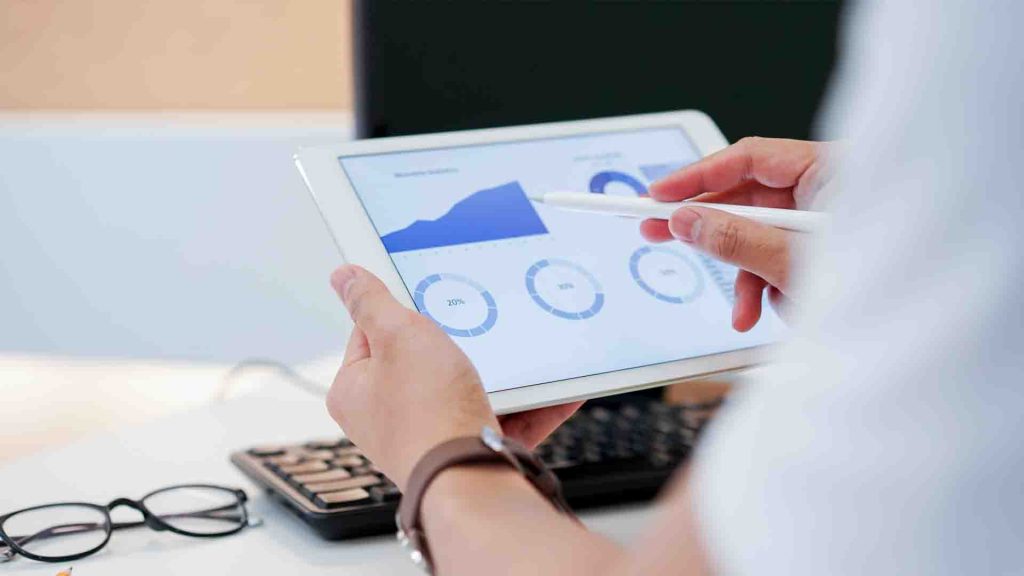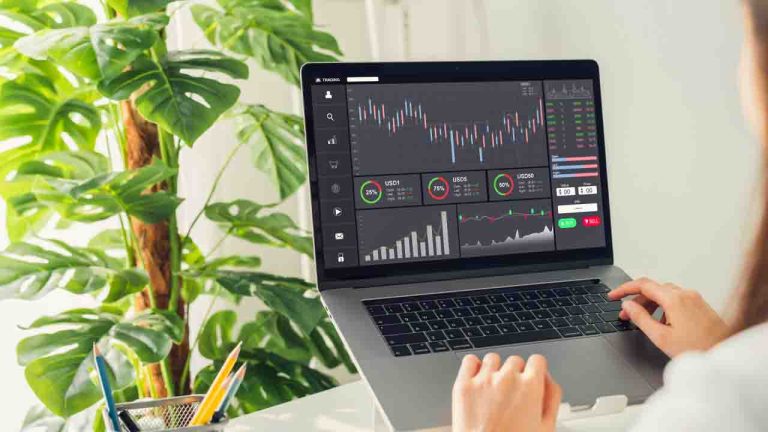Table of Contents
Get real-time insights of your campaign efforts and measure the ROI easily from multiple channels.
Marketing dashboards are a response to the increasing complexity and diversity of market data faced by marketers in the information age.
Substantial surveys reveal increased expectations regarding marketing accountability.
Especially disturbing is the revelation that the goals of marketing department are often not aligned with the companies’ larger agendas.
As a result, CMOs are advised to agree on a ‘marketing contract’ with the CEO that specifies exactly which metrics marketing is supposed to improve.
In this regard, a dashboard helps ensure everyone is ‘on the same page’ to detect and discuss marketing successes and failures.
What is a marketing dashboard?
A marketing dashboard is a reporting tool that presents marketing analytics, KPIs and metrics using data visualizations.
Teams can have access to instant and continuous visibility into marketing performance.
At its core, a marketing dashboard answers the question, “How are we performing right now?”
This type of visibility allows for course corrections on a daily and hourly basis in contrast to a monthly or quarterly reporting cadence.
[hbupro_banner id=”23040″]
5 benefits of using a marketing dashboard

Marketing dashboards help marketers get the visibility of their performance through real-time monitoring of key campaign metrics and KPIs.
Such visibility allows for course corrections and incremental improvements that add up over time.
1. Improved ROI of marketing activities
The consolidated data provided by marketing dashboards can help businesses identify strategies that are not working and replace them with more revenue-generating and financially beneficial ones.
2. Better team collaboration
Dealing with multiple data sources in a fractured online marketing world can be overwhelming and time-consuming.
Having all data combined and transformed into useful information that is presented in one place saves a lot of time and makes any decision-making much easier and more efficient.
3. Motivational tool
Dashboards show employees their performance compared to their goals.
They can see the metrics move as a direct result of the work they put in.
As you shift to a performance-driven workplace culture, there’s no better motivation for employees than seeing the real results of their work.
4. Informed decision making
Using a dashboard leads to a better understanding of relationships within the data and the consequences of when certain marketing actions are taken.
Well-designed dashboards fuel this process with crisp visualizations and advanced analytic methods, supporting the users in their day-to-day operational activities as well as in their long-term strategic decisions.
5. Track developments
Relevant key performance indicators (KPIs) can be derived from strategic goals and used in a dashboard in order to generate actionable insights based on current developments.
Types of marketing dashboards and reports

This section talks about suitable examples of marketing dashboards and reports used to track social media, advertising, email, SEO, website and demand generation programs.
1. Digital marketing dashboard
This dashboard can help track the performance of your online marketing activities.
Monitor in real-time how your marketing efforts and campaigns are contributing to the sales funnel.
2. Marketing performance dashboard
This dashboard can display the funnel and other related metrics to help marketing make informed decisions and better allocate campaign spend.
It is important that each lead, web visit and win is assigned a value to help marketers make the most of their campaigns.
3. E-commerce marketing dashboard
An e-commerce marketing dashboard helps your team access important data that has an impact on day-to-day sales, budgeting and decision making.
The dashboard also includes metrics to track social media and website traffic.
4. SEO analytics dashboard
An SEO dashboard is a central place for all these data sources so that digital marketers can get a full understanding of SEO performance from several perspectives through metrics.
5. Web analytics dashboard
A web analytics dashboard allows you to monitor your website performance by tracking metrics like visitors, pageviews, and online conversions.
6. CMO marketing dashboard
A CMO’s dashboard provides a bird’s-eye view of all marketing services, from social media, email to web performance and lead generation.
The dashboard answers, at-a-glance, the question, “How are we performing?”.
This requires integrating data from multiple sources to weave together a complete story of your enterprise’s marketing performance.
7. Email marketing campaign dashboard
This dashboard presents the performance and ROI of your email campaigns and includes metrics such as list growth, open and click rates and number of leads generated.
8. Social media dashboard
This dashboard guides you to social metrics and KPIs you should monitor to gauge the success of your social campaigns.
9. Web and social analytics dashboard
This dashboard studies the correlation between website performance and social performance.
It also seeks to answer questions like, what is the value of a retweet or a social follow?
[hbupro_banner id=”23041″]
Marketing dashboards are constantly improving

As we move into a digitally enhanced future marketing dashboards will not only become more popular, they will also grow to be more advanced.
Predictive Analysis
With machine learning solutions, marketers may be able to use data to predict the behaviour of customers in the future.
This could lead to enhanced customer experience and memorable interactions between clients and progressive brands.
Integrated Management Systems
Most organisations are currently making use of multiple dashboards to facilitate an omnichannel campaign.
However, soon dashboards may integrate to provide a single-pane-of-glass experience.
Does your company need a marketing analytics dashboard?

Implementing a marketing dashboard takes the guesswork and confusion out of your marketing efforts.
(i) Measuring the need to measure both the short-term results of marketing and the long-term health of the marketing assets.
(ii) Eliminating the effect of marketing actions from a myriad of other influences on corporate performance.
(iii) Addressing the data analytics gap between multiple platforms or through SaaS dashboards.
The success of future marketing efforts depends on your ability to effectively collect and analyse your company’s most important KPIs.
It helps establish how your marketing efforts are impacting your revenue cycle.
The best way to do this is by building, customizing, and optimizing a marketing dashboard.
[wd_hustle id=”8″ type=”embedded”/]














